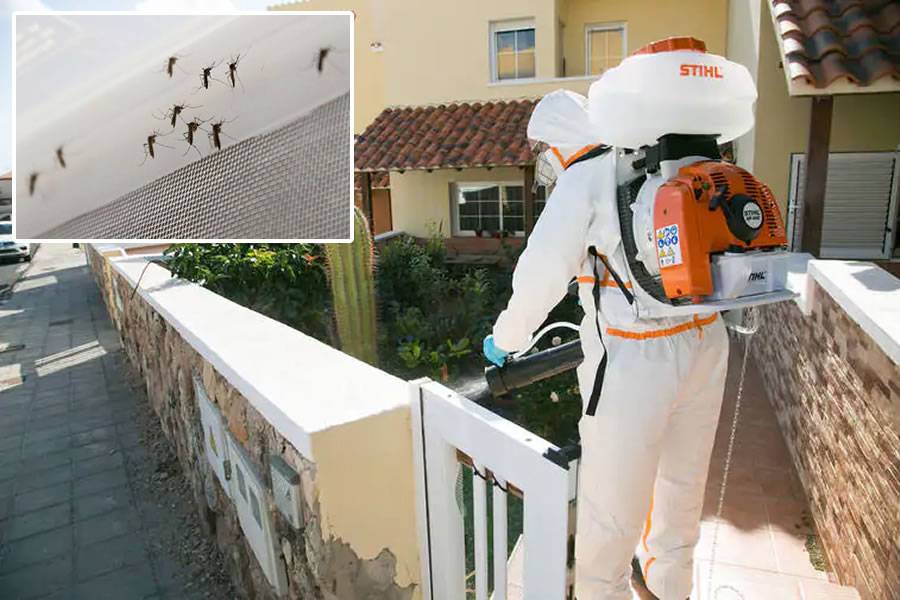The fight against the Aedes mosquito intensifies in Tenerife and Gran Canaria
- 07-12-2023
- National
- Canarian Weekly
- Photo Credit: C7
In an ongoing battle against disease-transmitting mosquitoes, the Public Health authorities of the Canary Islands have been actively trying to combat the entry of Aedes genus mosquitoes into the archipelago since 2017. These mosquitoes are responsible for transmitting diseases such as Zika, dengue, chikungunya, and yellow fever, particularly when they come from regions where these diseases are endemic.
The Canary Islands Entomological Surveillance System has achieved success in eradicating the Aedes genus on two islands: Fuerteventura, since 2019, and La Palma, officially declared free of this type of disease-transmitting mosquito since September of this year.
However, the battle is ongoing in Tenerife and Gran Canaria and the islands of Lanzarote, El Hierro, and La Gomera have yet to report any detection.
Recent developments indicate that a new specimen of Aedes albopictus, commonly known as the tiger mosquito, has been identified in Tenerife, while the Aedes aegypti has been located in Gran Canaria for the first time.
The general director of Public Health, José Díaz-Flores, acknowledges that the presence of these mosquitoes was anticipated, stating, "It was a matter of time before it arrived."
The two types of mosquitoes were detected in traps installed in the cruise terminals of the capital's ports highlighting the significance of ports and airports as primary entry points for mosquitoes, along with nurseries housing imported plants. Sentinel traps have been strategically placed in these locations since 2013 to monitor and detect potential pests.
José Díaz-Flores emphasizes that while many boats arriving in the region may carry mosquitoes from established areas, they typically move within a limited range of 100 to 150 metres. The traps play a crucial role in identifying and monitoring these pests. However, the greater concern lies in controlling the insects in inhabited areas, such as the Vuelta de Los Pájaros neighbourhood of Santa Cruz de Tenerife.
Additional traps have been deployed in the cruise terminals of Santa Cruz de Tenerife and Las Palmas de Gran Canaria. Both port authorities have been urged to clean the areas to eliminate stagnant water, where female mosquitoes lay their eggs.
In Tenerife, Public Health is taking action in Santa Cruz and earlier this year, Aedes mosquitoes were also found in a nursery in Tacoronte and a house in El Toscal. As efforts intensify, the Canary Islands remain vigilant in their campaign to protect public health and prevent the spread of mosquito-borne diseases.
Other articles that may interest you...
Trending
Most Read Articles
Featured Videos
TributoFest: Michael Buble promo 14.02.2026
- 30-01-2026
TEAs 2025 Highlights
- 17-11-2025



























































